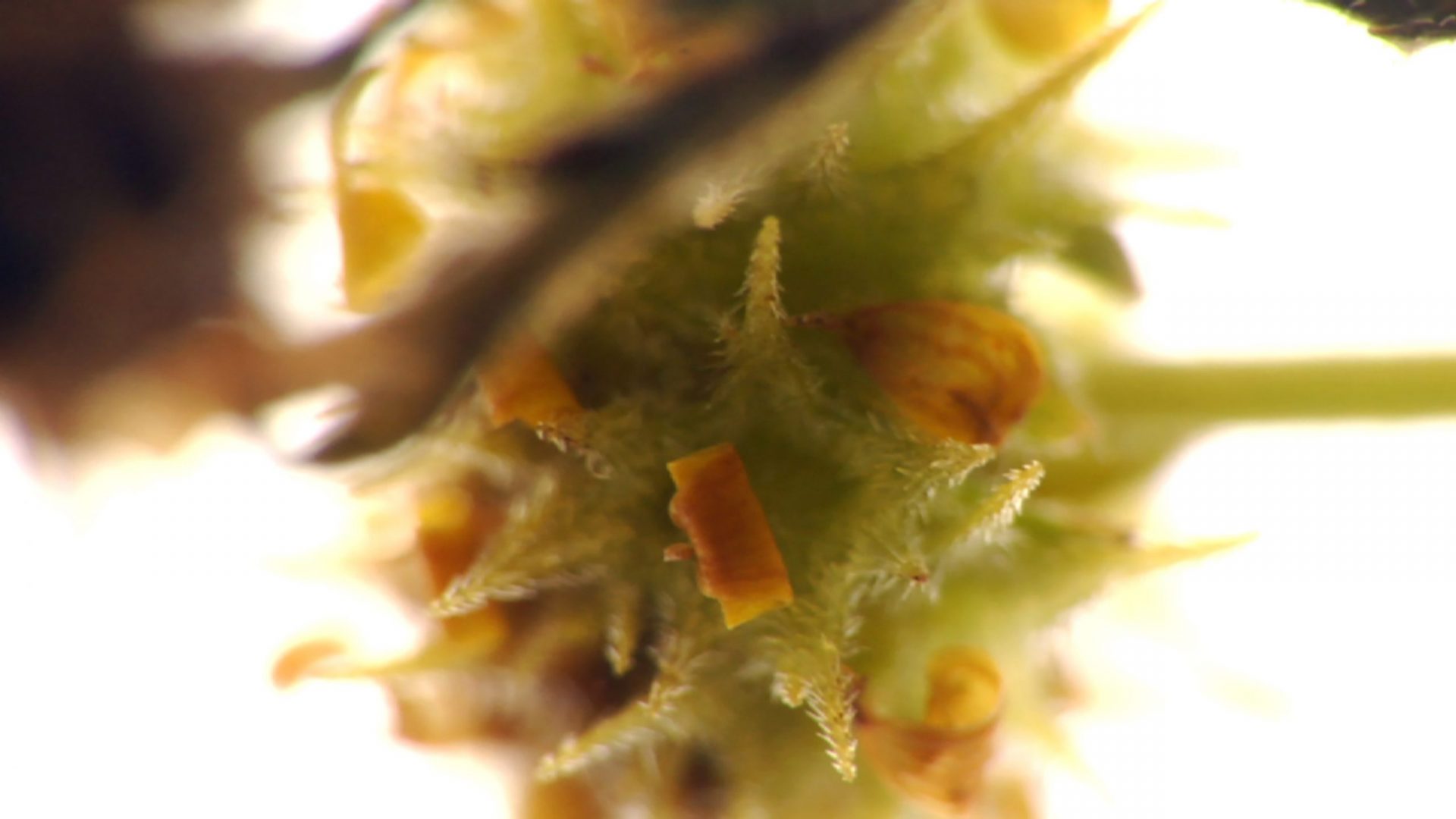Creative and health responses to the climate crisis Past Event

The COVID-19 pandemic has left an indelible mark on humans as we struggle with the climate emergency. Speakers from art, design, health and the environment will explore how we can collaborate and respond to these synergetic health and environmental crises.
It has been said that political leaders do not take the climate crisis as seriously as they have taken COVID-19. The COVID-19 pandemic is thought by some to have originated in pathogens from other species, reaching humans due to our exploitation of animals and their habitats. So, how can we use creative practices to better care for our planet and our health?
This participatory discussion will explore how art, design and health practitioners, and climate activists can collaborate and respond to the enormous challenges of human health in times of planetary and viral crises.
Professor Sarah Bekessy
Professor Sarah Bekessy(RMIT University) leads the ICON Science research group at RMIT University which uses interdisciplinary approaches to solve complex biodiversity conservation problems. Sarah’s co-developed the Biodiversity Sensitive Urban Design protocol that has now been used by numerous developers, governments and non-government organisations to design innovative urban biodiversity strategies.
Professor Vishaal Kishore
Professor Vishaal Kishore is a strategist, political economist, academic and commentator at RMIT University where he leads the pathbreaking, anti-disciplinary Health Transformation Lab, and is Director of Applied Innovation. Vishaal is also a founding architect, Deputy CEO and Chief Strategy Officer of The MedTech Actuator – Australia’s National MedTech Catalyst.
Associate Professor Dominic Redfern
Associate Professor Dominic Redfern is an artist and academic in the School of Art (RMIT University) whose research spans art, the environment and mental health. Dominic has exhibited throughout Australia, Europe, the Americas and Asia. Dominic is often found working around urban waterways where he uses studies of plants, insects, microbes and human detritus to examine often overlooked elements of the environment that can tell us important things about how we are enmeshed within ecosystems across time and space. He has an emerging interest in witnessing of the mental needs of all of all humans and how that impacts cultural ecosytems.
Associate Professor Keely Macarow
Associate Professor Keely Macarow, is Coordinator of Creative Care, School of Art, RMIT University. Keely collaborates with artists, designers, social scientists, housing activists and health researchers to explore how art and design interventions and artefacts can be applied to healthcare, political and housing settings and for exhibitions, performances and social change.
Associate Professor Katherine Barraclough
Associate Professor Katherine Barraclough is a nephrologist at the Royal Melbourne Hospital. She chairs the Australia New Zealand Society of Nephrology Green Nephrology Special Interest Group and is a Victorian Chair of Doctors for the Environment Australia, a voluntary association of medical doctors and students determined to tackle the immense challenges of anthropogenic climate change, and the environmental degradation and destruction that threaten human health and well-being. She feels health professionals need to more than simply care for those who are ill – they also have a central role to play in ensuring that healthy, stable environments exist so that future generations can thrive.

